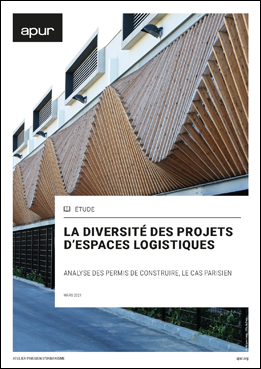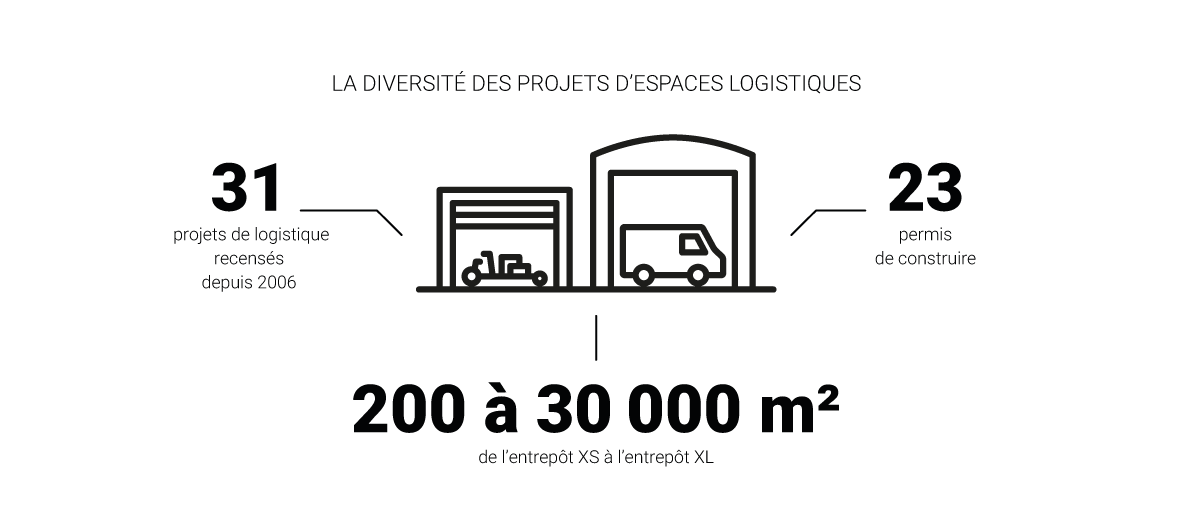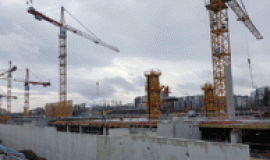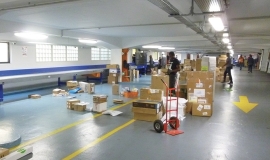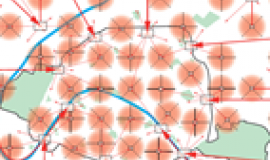The logistics infrastructure in the city is essential for the functioning of a metropolis such as Greater Paris - Grand Paris -. In Paris promotive measures have in recent years, led to urban logistics spaces on various scales being created which are better integrated into the urban landscape.
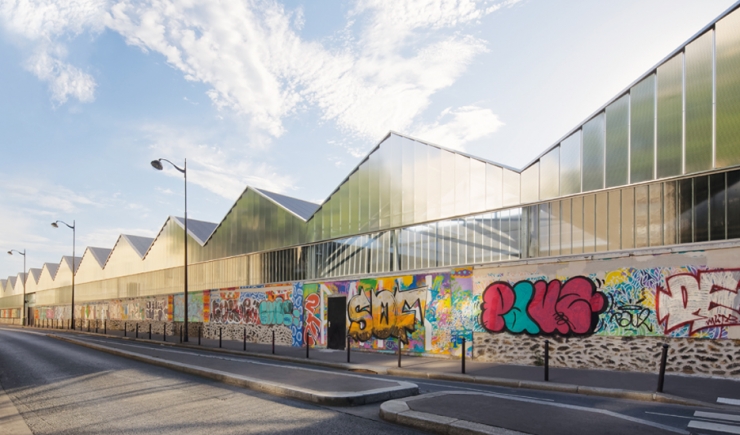
Urban logistics have been brought to the foreground by the health crisis which has confirmed their indispensable character as a primary necessity for metropolises.
Since 2006, the Paris Local Urbanism Plan has provided a regulatory framework to encourage the creation of logistics facilities, whether they be structuring facilities on large urban service sites or smaller urban logistics premises integrated into the urban fabric. For each type of urban area defined by the Local Urbanism Plan, the regulations define the logistics facilities which are the best adapted to the major objectives fixed for that area, with the aim of encouraging the creation of logistics spaces that are integrated into the urban landscape.
What has resulted in terms of the creation of urban logistics spaces over the last 15 years? By cross-referencing the database on building permits registered since 2006 with on the one hand the various regulatory frameworks in place and on the other hand the recent calls for innovative projects, 31 warehouses or logistics facility projects were identified. Among these 31 sites, 23 have already involved at least one building permit and 11 have been completed or are under construction.
The characteristics of these sites and the needs to which they respond vary and this diversity shows how important it is to preserve existing buildings that are suitable for accommodating logistics facilities, as well as thinking about converting certain spaces into urban logistics facilities such as parts of car parks, car dealers’ premises… With the growing need for logistics solutions, notably for e-commerce, the network of urban logistics facilities in Paris and in the heart of the metropolis could well be called upon to develop.

